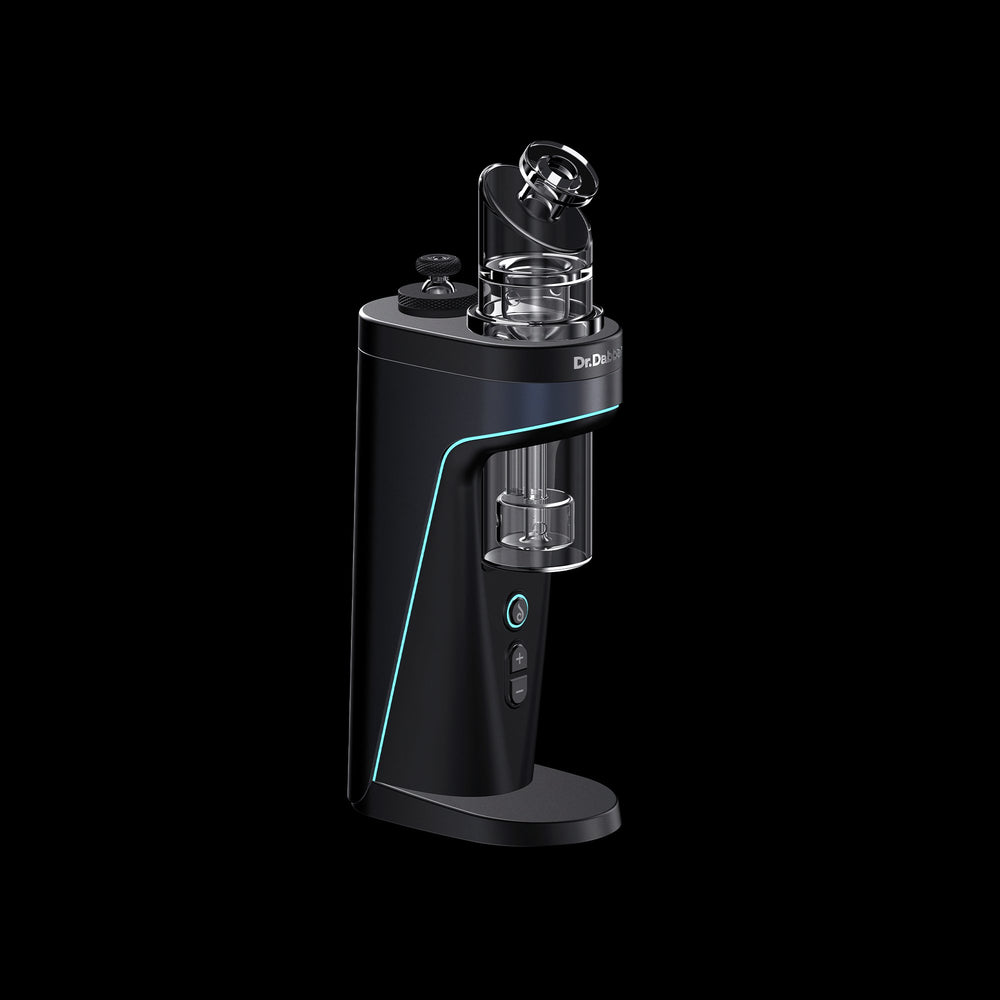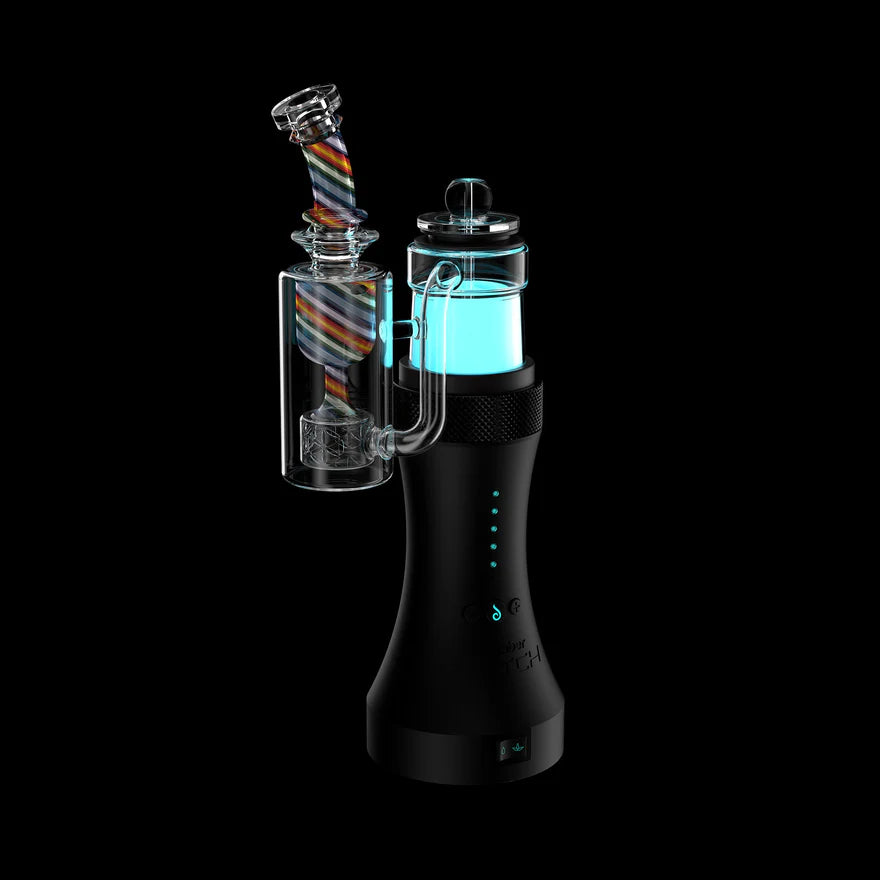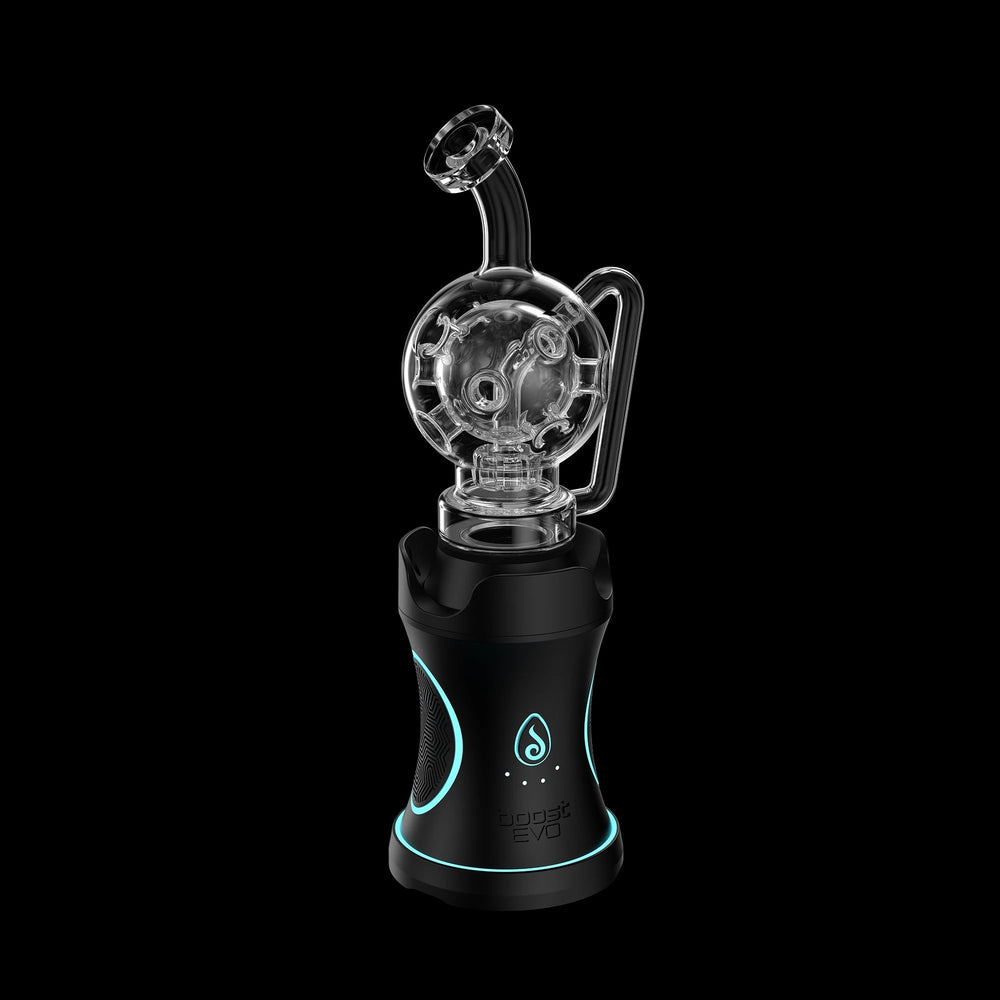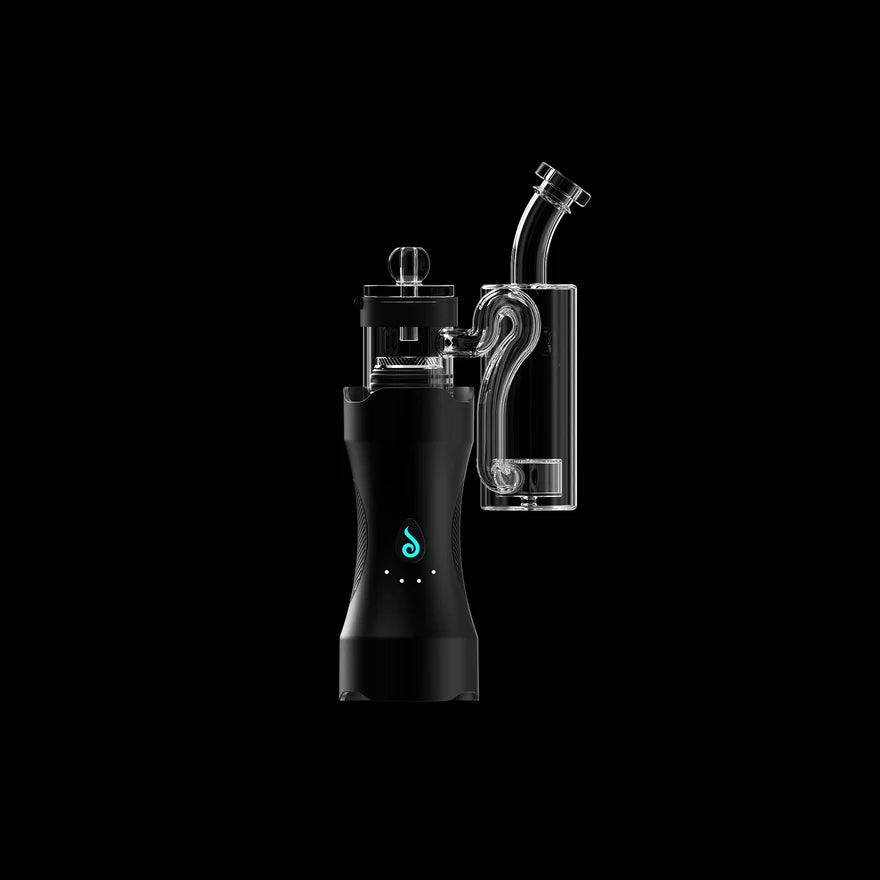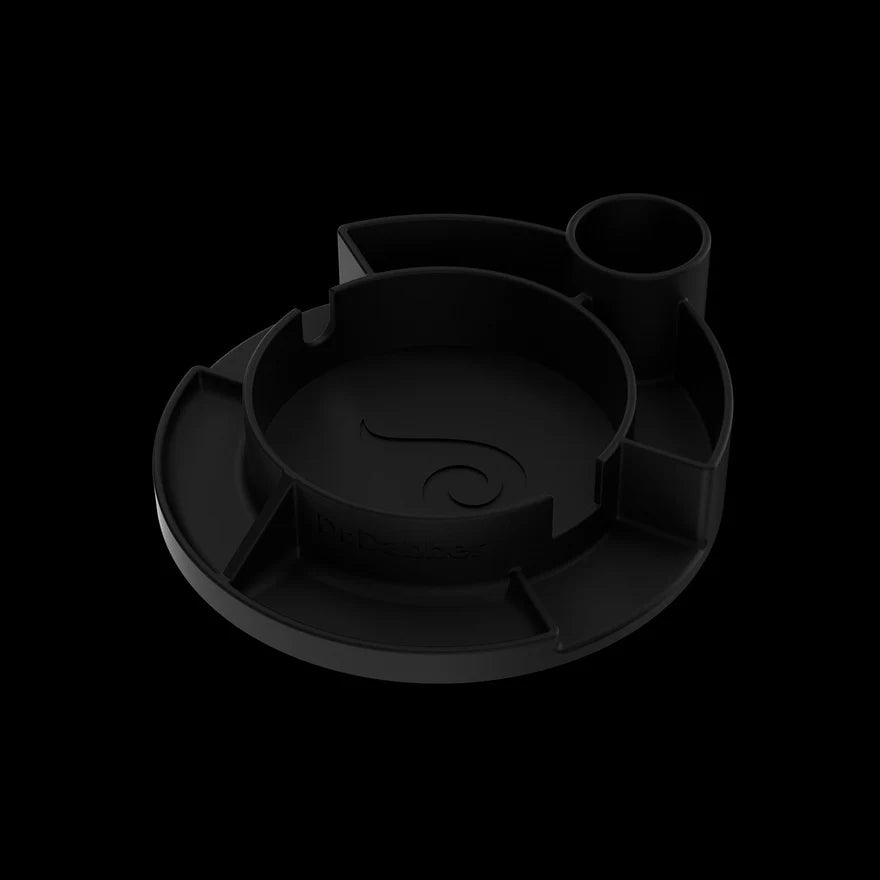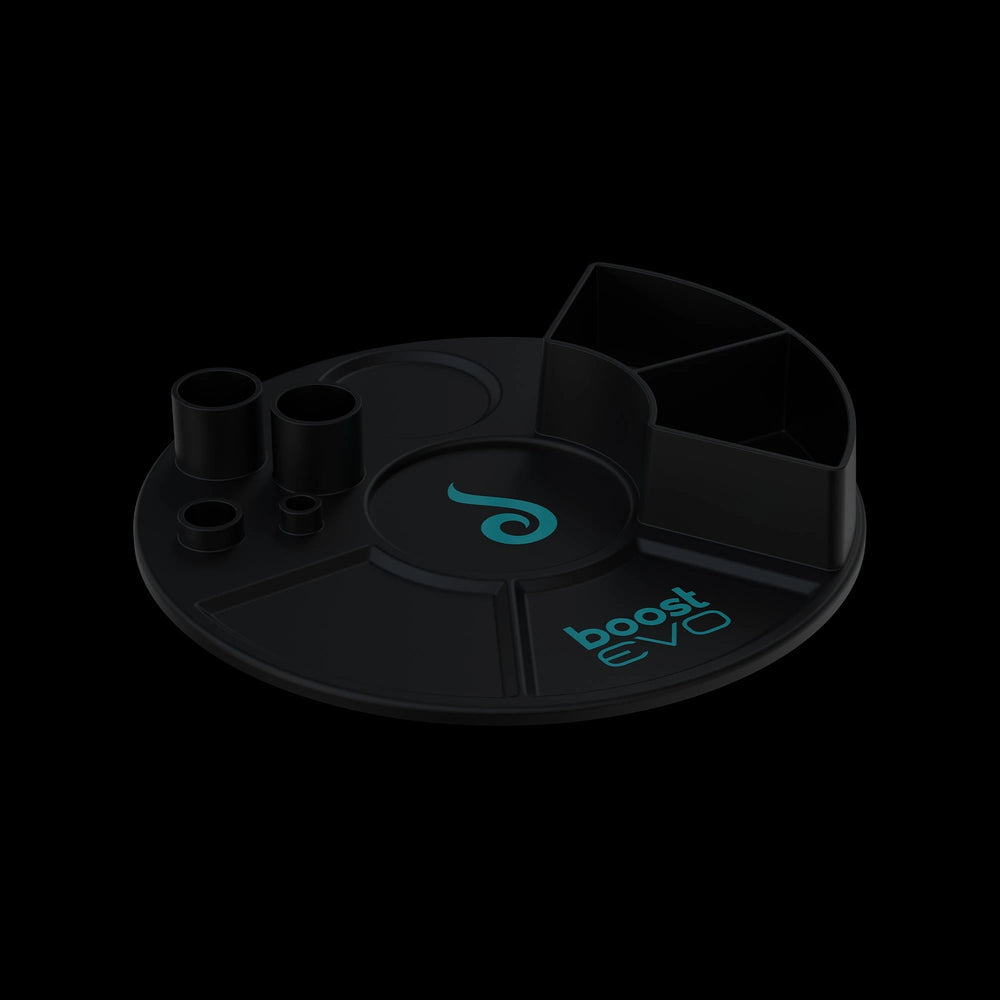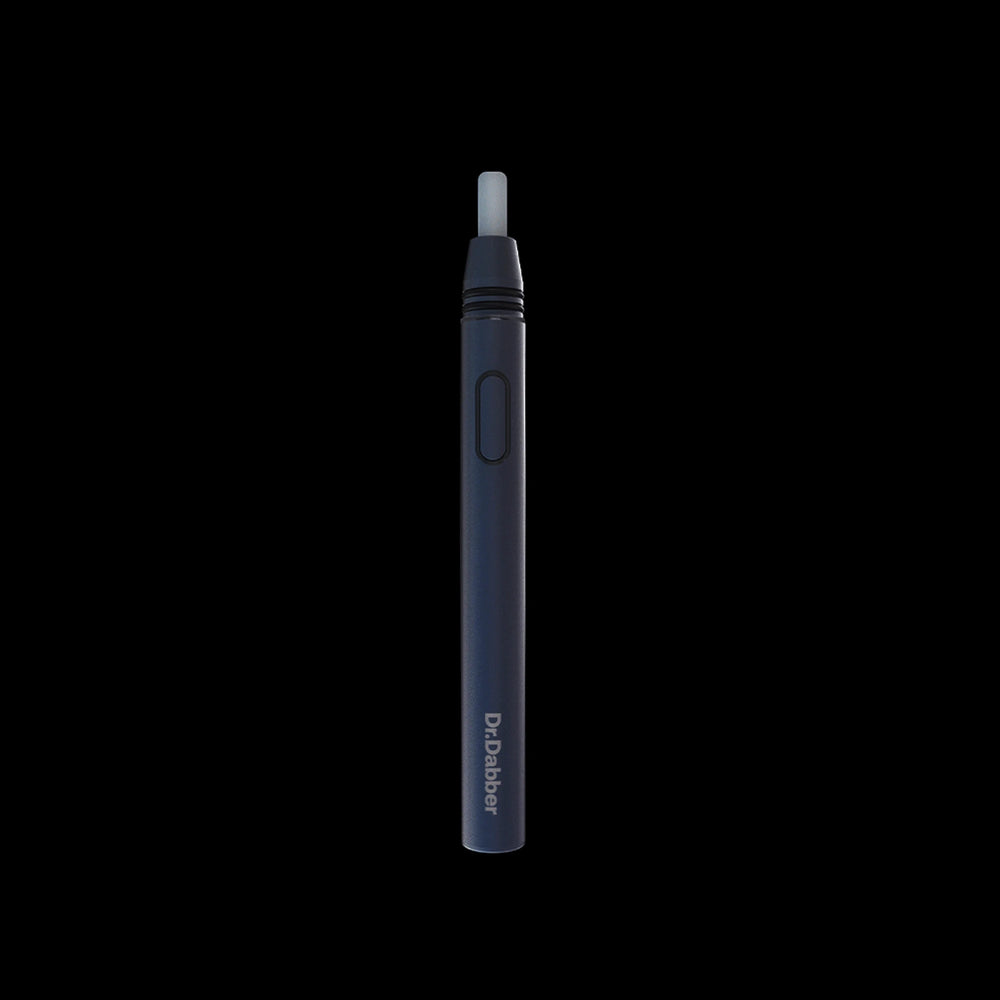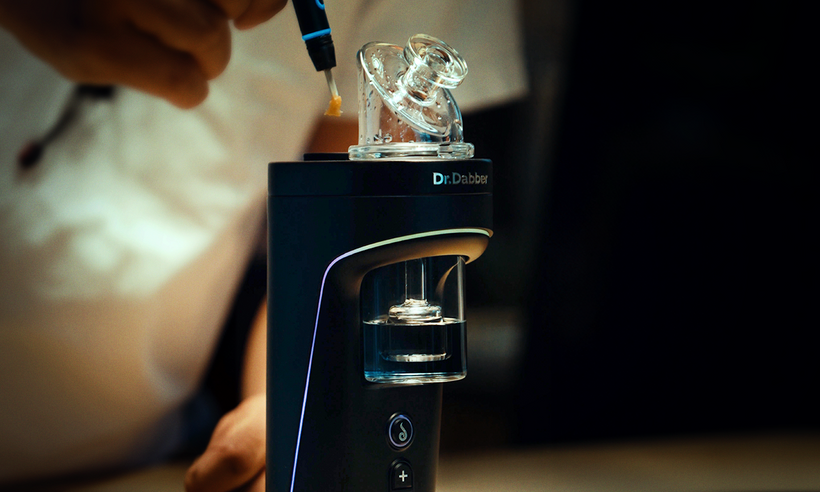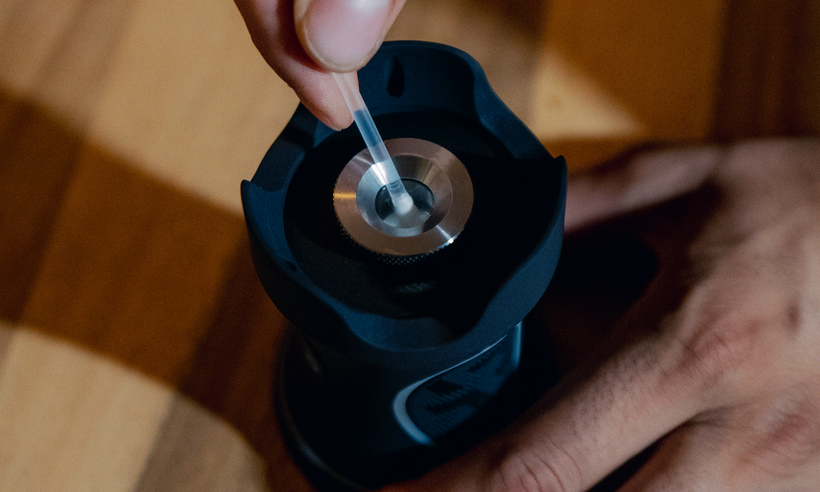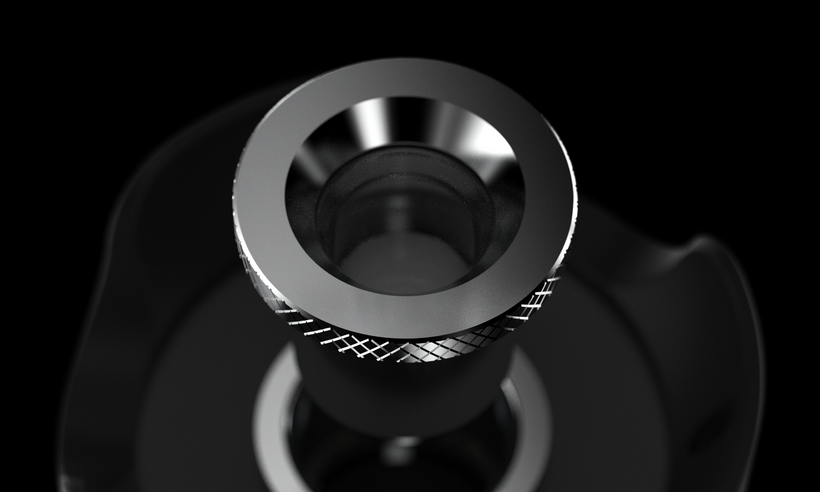Your cart is empty.

Many people use cannabis to help combat symptoms of anxiety, yet others find that cannabis increases anxiety for them. How can this be? Well, not every cannabis strain is the same. One thing that can make or break a cannabis strain is the terpene profile. With a vast variety of terpenes out there to choose from, it’s important to understand what they do before selecting one to manage anxiety. Follow along as we dive deep into what terpenes are and find out the best terpenes for anxiety relief.
Understanding Terpenes
Terpenes are colorless oils found in plant life that impact the color, aroma, protective properties, and even colors found in plant life. While the research on terpenes and their impact on humans is relatively young due to a taboo surrounding cannabis and alternative medicines, the studies that have been done suggest that there are huge potential benefits of many terpenes, including using them medicinally to treat a myriad of ailments, including anxiety.
Long before clinical studies were even a thought, terpenes were used in holistic medicine and continue to be a key component of many alternative therapies. One alternative therapy you’ve likely at least heard of - if not practiced yourself - is aromatherapy, which is defined by the use of essential oils in the treatment of physical or emotional ailments.
Aromatherapy can be performed in a variety of ways.
One common practice is inhalation of aromatic compounds by use of a diffuser, or sitting with a bowl of steaming hot water with essential oil drops in it. Some people even use diluted essential oils in their bathwater or throw a few diluted drops at the shower wall to create a makeshift steam room.
Another way that people may use aromatherapy is by using essential oils topically using a carrier oil. This can be helpful to treat wounds or reduce scarring.
However, the reason that most people use aromatherapy isn't to benefit the skin. The main reasons that aromatherapy is so popular are due to the pain-relieving, calming, and mood-boosting effects associated with it.
The reasons aromatherapy is so popular are quite similar to the reasons that some people use cannabis. And a big reason for that is the abundant terpenes that are present in both of these types of therapies.
When it comes to cannabis, terpenes are not as isolated as they are in essential oils, which means that there are more moving parts. A common theory for why terpenes seem to have even more benefits within the context of cannabis is known as the Entourage Effect. In short, terpenes don’t act alone. They are just one part of a host of other terpenes and cannabinoids. Each of these compounds in cannabis acts in harmony with the others to create a particular effect.
This might sound a little bit confusing, but think of it as an orchestra. Each instrument has its place and might sound good on its own, but it takes all of the instruments playing together in unison to create the fullest sound.
The instruments include THC, CBD, other cannabinoids, and terpenes. All of them have particular effects on their own, but they’re better together.
So although terpenes on their own won’t get you high, they have a major effect on the high that you do have. In fact, terpenes have an impact on how cannabis strains are labeled. Strains with a high amount of the terpene myrcene are typically labeled as indica because myrcene has sedative properties and creates a more relaxed and sleep-inducing high, while strains containing lower amounts of myrcene are typically labeled as sativa.
When it comes to predicting effects, there is evidence that the particular plant a strain of cannabis comes from doesn’t matter nearly as much as the terpene profile does.
Common Terpenes Found in Cannabis

While there are hundreds of terpenes found in cannabis, there are a select few that you’ll probably see most often when browsing terpene profiles.
Myrcene
Myrcene is the most popular terpene found in cannabis. About half of all cannabis strains include myrcene among the most dominant terpenes. It is associated strongly with indica-dominant strains because of its relaxing effects on the cannabis user. This effect has been used for other remedies outside of cannabis, and it is found in products such as lemongrass teas, which are often used for their sedative effects and muscle-relaxing properties.
Because myrcene is associated with deep relaxation, it can be a great terpene to help you relax and relieve feelings of anxiety. In fact, this terpene can provide an almost too-relaxing experience, and you might find yourself becoming one with the couch.
If you have any pressing tasks or looming deadlines, it is best to avoid using strains with a high amount of myrcene. The last thing you want when trying to manage anxiety is missing deadlines or not accomplishing all you set out to do.
However, if you have a night off and have all the time in the world, myrcene is a perfect accompaniment to a night spent at home on the couch with Netflix, a blanket, and snacks.
Limonene
Limonene is yet another very popular terpene found in cannabis. In fact, nearly every strain that has a citrusy aroma or flavor to it is probably high in limonene. In nature, it is most commonly found in the rinds of citrus fruits such as oranges and lemons.
Limonene is commonly used in aromatherapy to produce uplifting effects, and it does the same in cannabis. Yet, because of the Entourage Effect, limonene works with the cannabinoids on a deeper level. You likely know that THC alone can produce the unfortunate and unsettling side effects of anxiety and paranoia, but when combined with limonene, those negative side effects can be significantly reduced without compromising the effects of THC, producing a more well-rounded and satisfying high.
Although limonene can be found in both indica and sativa dominant strains, due to its uplifting effects, it is most often found in sativa and hybrid strains. This makes strains high in limonene excellent candidates for daytime use and waking and baking. However, just because limonene is included in a strain doesn’t mean that you don’t need to pace yourself. Just like with THC, the benefits of limonene can have the opposite effect if taken in too high of a dose.
Linalool
In nature, linalool is commonly found in lavender, which is widely renowned for its calming effects, but is also found in thyme and jasmine among various other plants.
There is certainly a reason that lavender is found in personal care products like heating pads, lotions, and bubble baths intended to help you relax and drift off to sleep.
Research suggests that linalool is a powerful agent against stress, depression, and anxiety, particularly in the case of social anxiety.
Strains containing linalool might just help you wipe the stresses of the day away to help you fall asleep, but because it doesn’t necessarily induce sleep on its own, there is nothing wrong with using this powerful terpene at any time of the day. Because of its unique ability to reduce stress in social situations, it might be good to use to help deal with a social event you might be feeling anxious about.
Even though linalool is easily one of the major terpenes that help with anxiety, the reality is that linalool-dominant strains are very uncommon. There are some out there; it just might take a little bit of digging to find one in your area.
Pinene
As the most abundantly found terpene in nature, pinene is likely all around you. Pinene may just be responsible for the Japanese tradition of “forest bathing,” which is where one unplugs from daily life, electronics, and stressors and spends time alone among nature, breathing in fresh air and smelling the terpenes all around.
There’s a reason that this tradition is popular - it’s uplifting and heightens the senses, and a big part of this is due to pinene.
While heightened senses might not be the words you’d expect to hear associated with a terpene purported to have anxiety relief benefits, pinene is certainly known to help combat anxiety.
Although heightened senses can be associated with anxiety, in this case, it typically means that you will feel more grounded. Pinene can help to decrease the sensation of racing thoughts and allow you to focus on what you need to get done rather than the anxious thoughts that might otherwise plague you.
Although THC is known to poorly impact short-term memory, there is evidence that pinene can combat that, leading to a more focused and intentional high. In addition, there is a strong possibility that pinene can even help the body with even worse cases of memory loss associated with conditions such as amnesia and dementia.
Pinene is a perfect daytime terpene, and might just end up being your go-to when you need to focus on a writing project or a task around the house.
Caryophyllene
You might have heard the advice that when you get too high that you should chew on some black peppercorn. If you’ve ever tried this life hack, you’ll find that there’s actually some truth to it.
The main terpene in black pepper is caryophyllene, and this terpene is known to increase the sedating effects of THC. This helps you have a more relaxing high instead of battling with the anxiety and paranoia associated with being a little too high.
Caryophyllene is best known for its unique ability to combat inflammation due to its ability to bind to CB2 receptors in the endocannabinoid system, and since inflammation is a common side effect of stress, this might be a terpene to look at for a little boost. In addition, it also is known to help with gastrointestinal issues and aid digestion, which is also great news for those who have anxiety.
Yet, more than merely soothing the physical symptoms of anxiety, there is evidence that it also helps to boost mood and reduce symptoms of depression.
This terpene is still being heavily researched due to its binding of the CB2 receptors, so only time and research will tell all that this special terpene is capable of.
Top Terpenes for Anxiety Relief

As you can see, nearly all terpenes have some impact on your anxiety, but what are the best ones? The answer is very personalized and unfortunately, no one can answer that for you conclusively.
Within the realm of cannabis, there are many factors at play including CBD, THC, other cannabinoids, and even other terpenes. In addition, the best terpenes for anxiety relief will depend on what causes your anxiety and what effects you’re looking for in anxiety relief. Time and place are huge factors too, if you’re not in a comfortable place or around people you feel safe with, then you’re probably not going to have the best time.
However, there are some guidelines that will help you find your best terpene fit, including when you should use each terpene, and also maybe times you should try a different one.
- Limonene: Limonene is best used during the day because it is known to help energize you, and as such, is usually found in sativa strains. If you’re looking for a relaxing nighttime anxiety reliever, this isn’t quite it. Limonene is best when paired with a more calming terpene such as linalool or myrcene, as combining it with terpenes such as pinene can increase your awareness and focus to a level that isn’t quite so calming anymore.
- Myrcene: Myrcene is a great terpene for winding down at night. It is best paired with chill and sedentary activities such as watching TV, reading a book, or going to sleep. But taken during the day, this terpene might give you more to worry about if you have work to do, as your risk of falling asleep is non-zero.
- Linalool: Linalool has been used in cannabis for eons. Within the scope of aromatherapy, this terpene might just come out near the top in a popularity contest. With the scents of lavender and jasmine under its belt, linalool is famous for being relaxing, not to mention an antianxiety agent and an antidepressant.However, due to this terpene’s ability to physically calm your body, it’s possible that you might feel a little too in your head. So if this is a worry, then it’s best to pair it with something more stimulating so that you have a relaxing, yet upbeat high.
- Caryophyllene: Because this unique terpene binds directly to your CB2 receptors, it can start working your body nearly as soon as you take a hit. Woody and peppery, this terpene is excellent for both anxiety, and for managing the inflammatory symptoms caused by stress.
- Pinene: Pinene is well known for boosting focus and expanding your mind. It can help to open your airways and allow you to breathe more deeply, which suggests that it might be able to combat some of the physical symptoms of anxiety and help with panic attacks. In addition, it can help to clear your head from all of the anxious thoughts that you might have.
Terpenes to Use With Caution
You might be wondering then, are there any terpenes out there that don’t help with anxiety? After all, it seems like everything listed had at least some anti-anxiety properties.
The answer is yes and no. There aren’t definitive answers to which terpenes will or won’t help someone on an individual basis. However, there are some terpenes where you might want to exercise caution when using if you are anxiety-prone or in a fragile state of mind.
1. Terpinolene
While further research is needed to understand the effects of this terpene, terpinolene seems to have a neutral effect on anxiety, and it’s possible that strains that are high in terpinolene might even make anxiety worse, as it can be overstimulating for some.
2. Humulene
While humulene is extremely similar to caryophyllene - to the point where they share the same formula - these two terpenes are quite different. Humulene is not able to bind to CB2 receptors in the way that caryophyllene is. Unfortunately, because humulene is so different, it doesn’t have any properties that make it an effective remedy for anxiety, and in higher doses, it may even contribute to making anxiety worse.
3. Ocimene
Ocimene is unlikely to be on your radar if you’re new to researching terpenes. It is often considered to be a relatively minor terpene when it comes to cannabis, as it is very rarely in a high enough dosage to be included in a terpene profile. However, some people find themselves overstimulated when ocimene is included in a strain.
4. Limonene
Oddly enough, although limonene has been studied for its anti-anxiety properties and is beloved by many, some people find that limonene is a little bit too energizing for them, which can lead to anxiety if left unchecked or not otherwise redirected. So be careful with limonene and go slowly.
Remember, these are not rules. If you try a strain high in terpinolene and have a wonderful time then that’s awesome. You do you. These are just some things to keep in mind when you’re looking for your next strain.
Choosing Terpenes for Anxiety

Decision fatigue is real. It can be hard to know what to choose for your anxiety, as each person is so individual. Terpenes that might be someone else’s anxiety life-saver might do little to nothing for you.
Anxiety can be such a fickle thing, so sometimes it can take trying a few strains to find something that has the desired effect, but don’t give up! There is so much variety that if one terpene doesn’t work for your anxiety, there are plenty more out there for you to try.
And beyond terpenes, each strain will be different even with similar terpene profiles. When in doubt, don’t be afraid to ask your budtender to give you the rundown on how each strain might affect you, or ask friends and family what’s helped them.
While terpenes have noted benefits, too much of a good thing can lead to negative consequences. So if you’re new to studying how terpenes affect you, it’s best to start small and work your way up to higher doses. You can always have a little more later on, but if you overdo it, you’ll have to ride it out.
And remember, there is a lot more at play than just the terpenes. If the strain is high in THC, it’s quite possible that you’ll get an energy boost. But when there isn’t enough CBD to counteract it, then there’s a higher chance that you might end up feeling the adverse effects of anxiety. And if you choose a strain higher in CBD, then you’ll probably be feeling pretty calm rather than anxious.
If you aren’t sure where to start, we recommend getting a good whiff of a cannabis strain you’re looking to try and see if it seems to be calling you. We believe that the body knows what it needs and there are biological reasons that some scents attract you more than others, similarly to food cravings.
There is no perfect terpene just like there is no perfect cannabis strain, but that doesn’t mean that you can’t find something that’s perfect for you.
Now that you know some of the best terpenes for anxiety, you have the tools to create a calming experience for yourself at any time of day. Whether you need a pick-me-up during the day or need to fight off the bedtime scaries to fall asleep, terpenes are along for the ride with you. And with the best selection of cannabis accessories, vaporizers, and glassworks at Dr. Dabber, we’re along for the ride too.
Disclaimer: The information provided in this article is intended for educational and informational purposes only and should not be construed as medical advice. Always consult with a qualified healthcare provider before making any decisions related to your health and wellness.
The statements regarding the potential benefits of cannabis strains are based on anecdotal evidence and research findings, but individual experiences may vary. Dr. Dabber does not endorse or make any medical claims about the effectiveness of cannabis for specific conditions. Use cannabis responsibly and in accordance with local laws and regulations.










